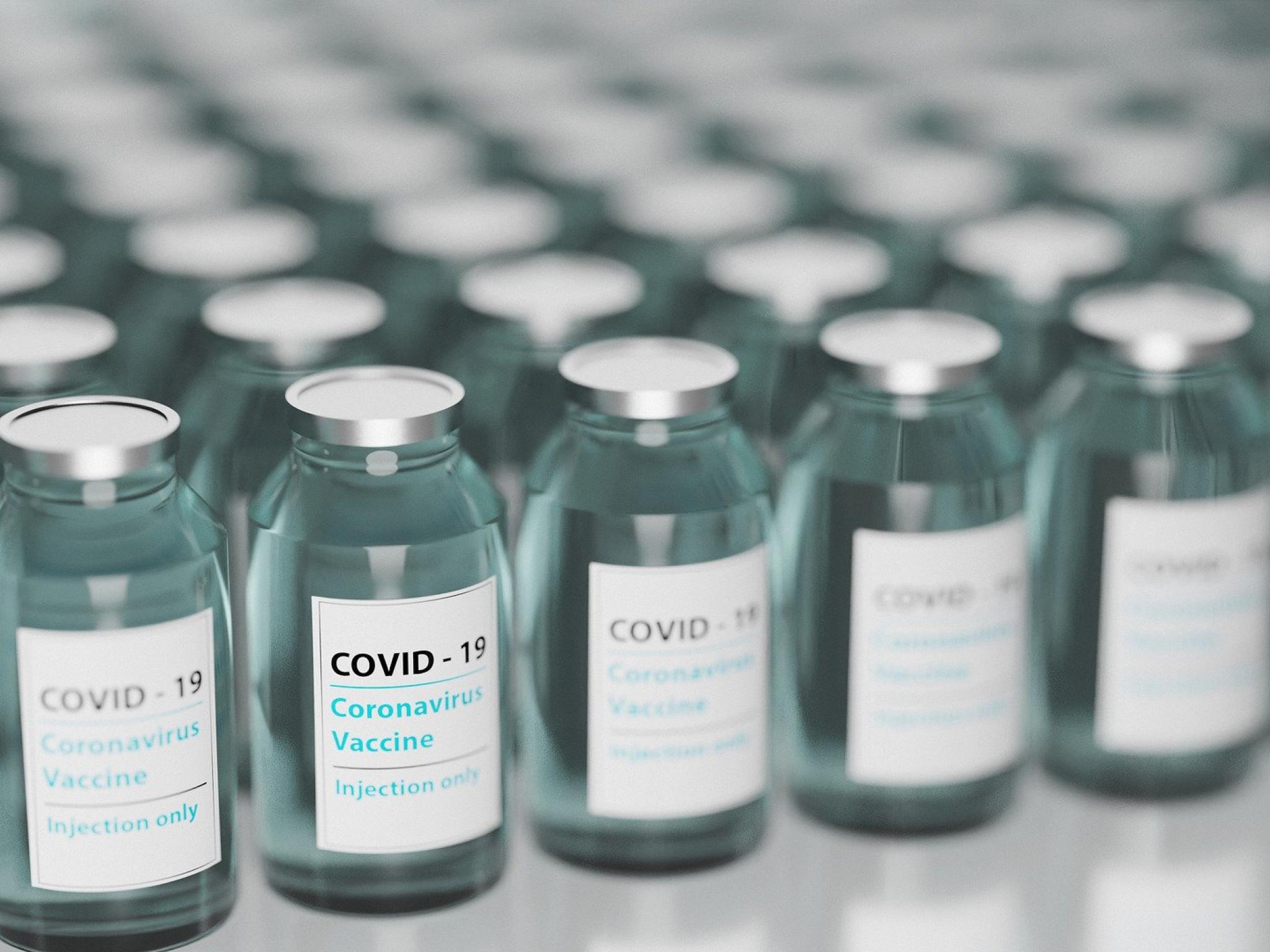
Scientists have revealed data from their final analysis of Johnson & Johnson's (NYSE:JNJ) COVID-19 Phase 3 study, showing the vaccine may be even less effective in the longer term.
- The scientists tracked about 39,000 participants for a median of four months (8,940 of whom had at least six months of follow-up), researchers concluded in a paper published in the New England Journal of Medicine.
- Data showed that a single dose of Ad26.COV2.S provided 52.9% protection against moderate to severe–critical COVID-19.
- Protection varied according to variant; higher protection was observed against severe COVID-19, medical intervention, and death than against other endpoints and lasted for six months or longer.
- Related: Johnson & Johnson Halts Production Of Its COVID-19 Vaccine: NYT.
- Looking at least 28 days after administration, 3 COVID-19–related deaths occurred in the vaccine group compared with 17 in the placebo group.
- The scientists noted that the original strain of SARS-CoV-2 and variants like Alpha, Beta, and Lambda were responsible for many infections and severe cases. In contrast, Delta and Omicron were not prevalent during the double-blind.
- Ad26.COV2.S vaccine (Johnson & Johnson–Janssen) is a recombinant, replication-incompetent human adenovirus type 26 (Ad26) vector encoding a full-length, membrane-bound severe acute respiratory syndrome coronavirus 2 (SARS-CoV-2) spike protein.
- Price Action: JNJ shares are down 1.07% at $169.66 during the market session on the last check Thursday.







